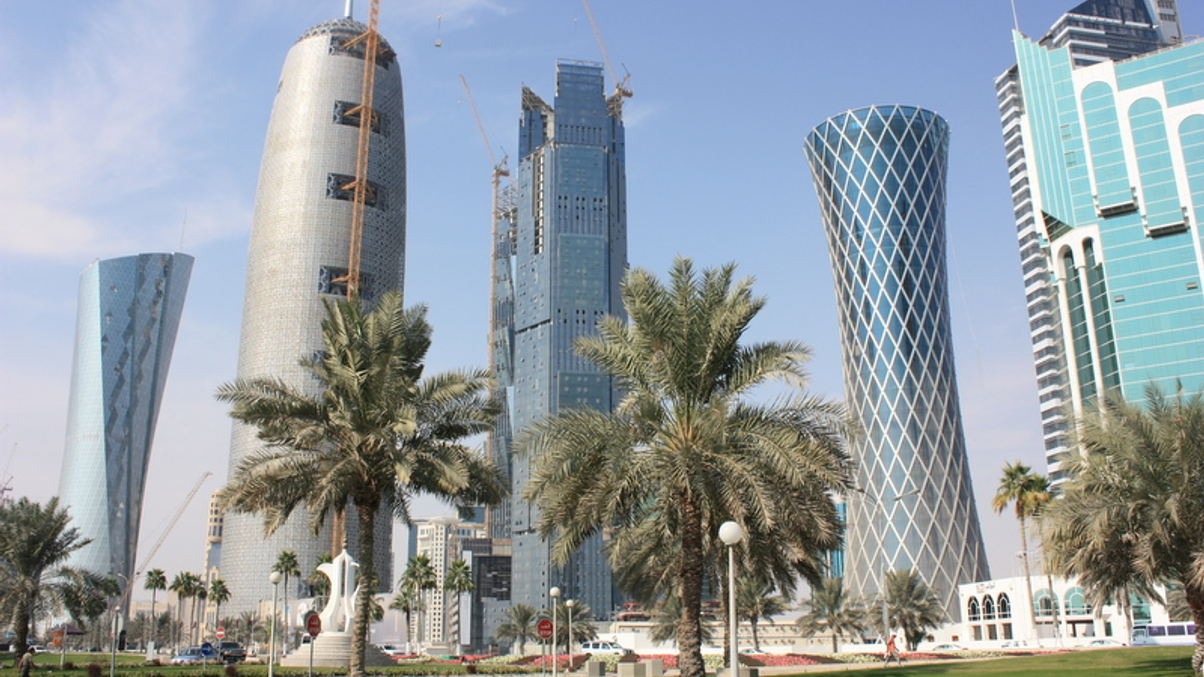What wealthy Middle Eastern investors want
They see Doha as a safe haven and favour emerging markets for offshore investment. They are also active in managing their wealth and prefer Africa and Europe over the US.

Wealthy individuals in the Middle East are keen to put their money to work locally as opposed to offshore, although for international investments they favour emerging markets, finds a study from the Qatar Financial Centre Authority and London-based Campden Wealth.
Sign in to read on!
Registered users get 2 free articles in 30 days.
Subscribers have full unlimited access to AsianInvestor
Not signed up? New users get 2 free articles per month, plus a 7-day unlimited free trial.
¬ Haymarket Media Limited. All rights reserved.


